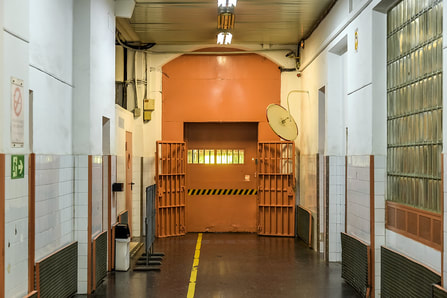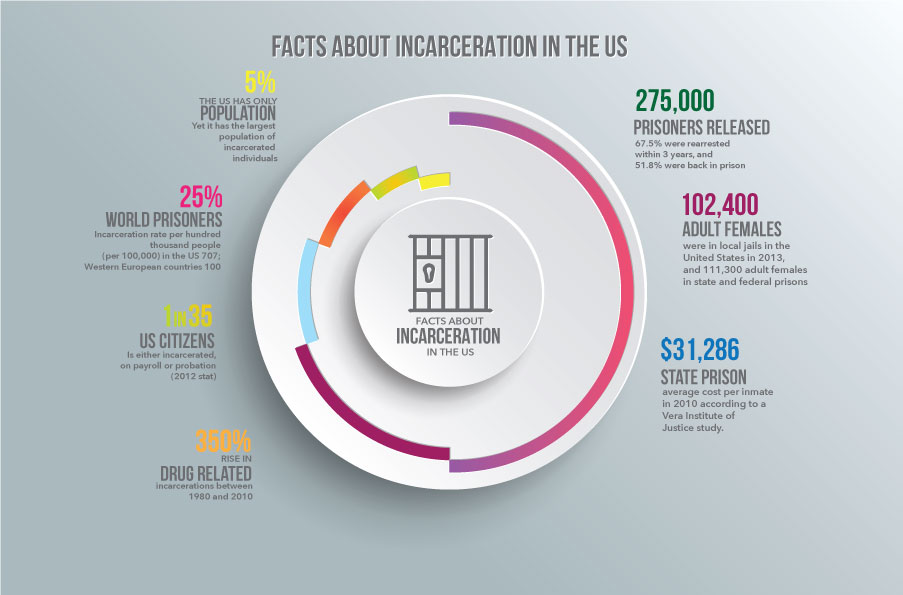Startling Statistics
Mass incarceration is a racial and economic issue, but it is also a women's issue.
Since 1980, the number of women in the U.S. prison system has grown by over 700% — significantly higher than the overall growth rate of the prison population, which has risen by around 500% in the same time period.
Then, when women are released from prison, they face unique challenges. They are likely to be needed as providers and caregivers, whether to children, parents, or other family.
Currently, 89 out of 100 EWOP participants are mothers.
Since 1980, the number of women in the U.S. prison system has grown by over 700% — significantly higher than the overall growth rate of the prison population, which has risen by around 500% in the same time period.
Then, when women are released from prison, they face unique challenges. They are likely to be needed as providers and caregivers, whether to children, parents, or other family.
Currently, 89 out of 100 EWOP participants are mothers.
Underlying Issues
- 44% of incarcerated women across the U.S. have not graduated from high school or obtained a GED.
- Women in TDCJ outpace their male counterparts when it comes to substance abuse disorders, with 70% of women identified as suffering from a substance abuse disorder vs. 58% of men.
- In a survey of hundreds of incarcerated women, the Texas Criminal Justice Coalition found that more than half had previously been sexually assaulted, while 82% had been victims of domestic violence.
- Of female parole revocations, 21% were for a “technical” violation. In other words, nearly a quarter of female parole violations were for failure to comply with the terms of parole — not for a new offense. Similar to probation revocations among women, this lack of success under supervision points to the need for more effective assistance to help female parolees live stable, productive lives in the community.
*Texas Criminal Justice Coalition, 2019
Help Reverse These Startling Trends
Make Change Possible
When you support EWOP, you provide women in prison with the opportunity to define
who they truly are and understand their full potential. Through leadership, mentorship,
and entrepreneurial training, we bring about change in women’s lives
inside prison and post-release.
Measuring our success starts with recidivism. We aim to keep women from returning to prison. When our program alumni thrive, their success is their family’s success. Destructive generational cycles are halted, and a new legacy is created
for children and grandchildren.


